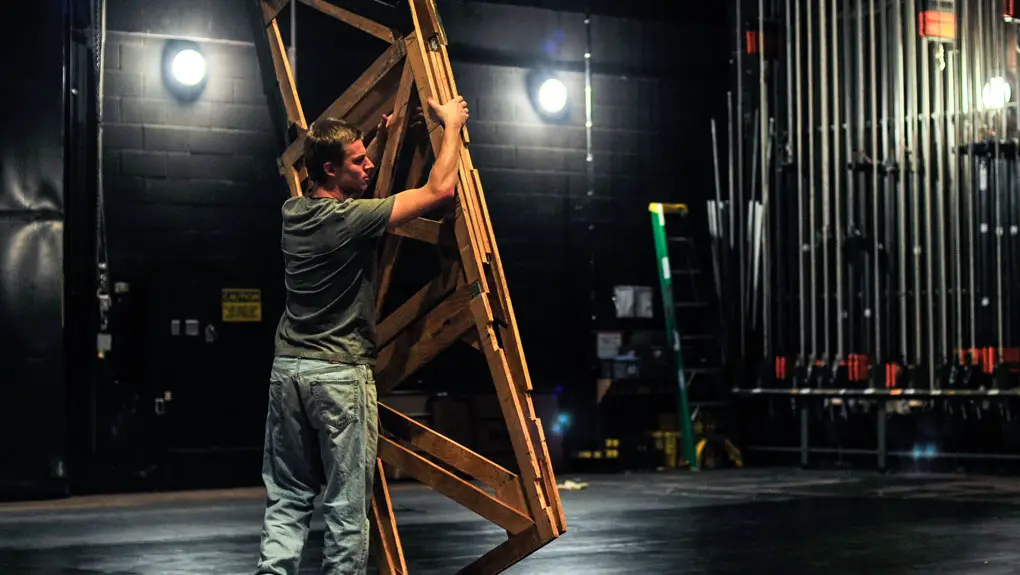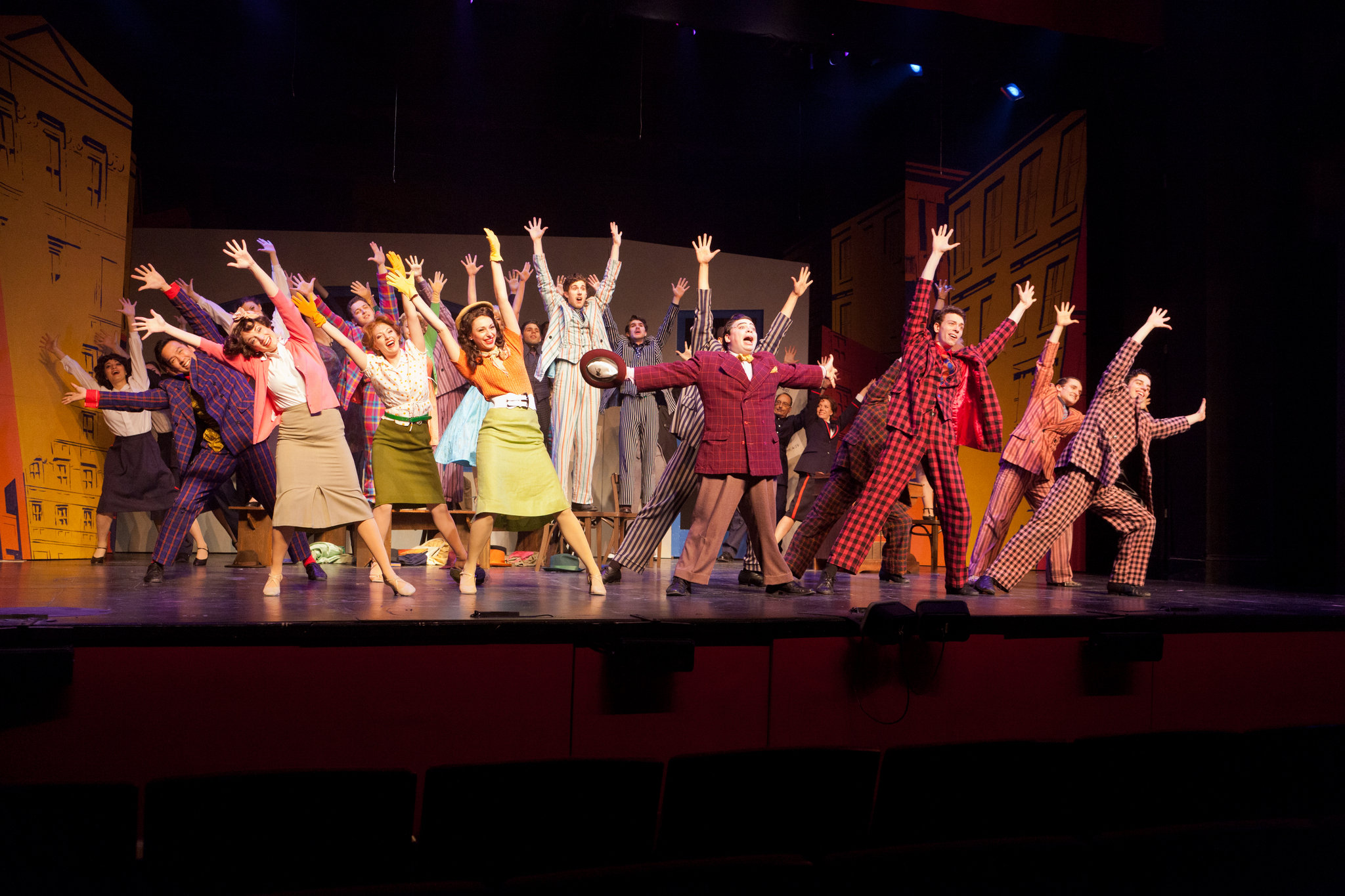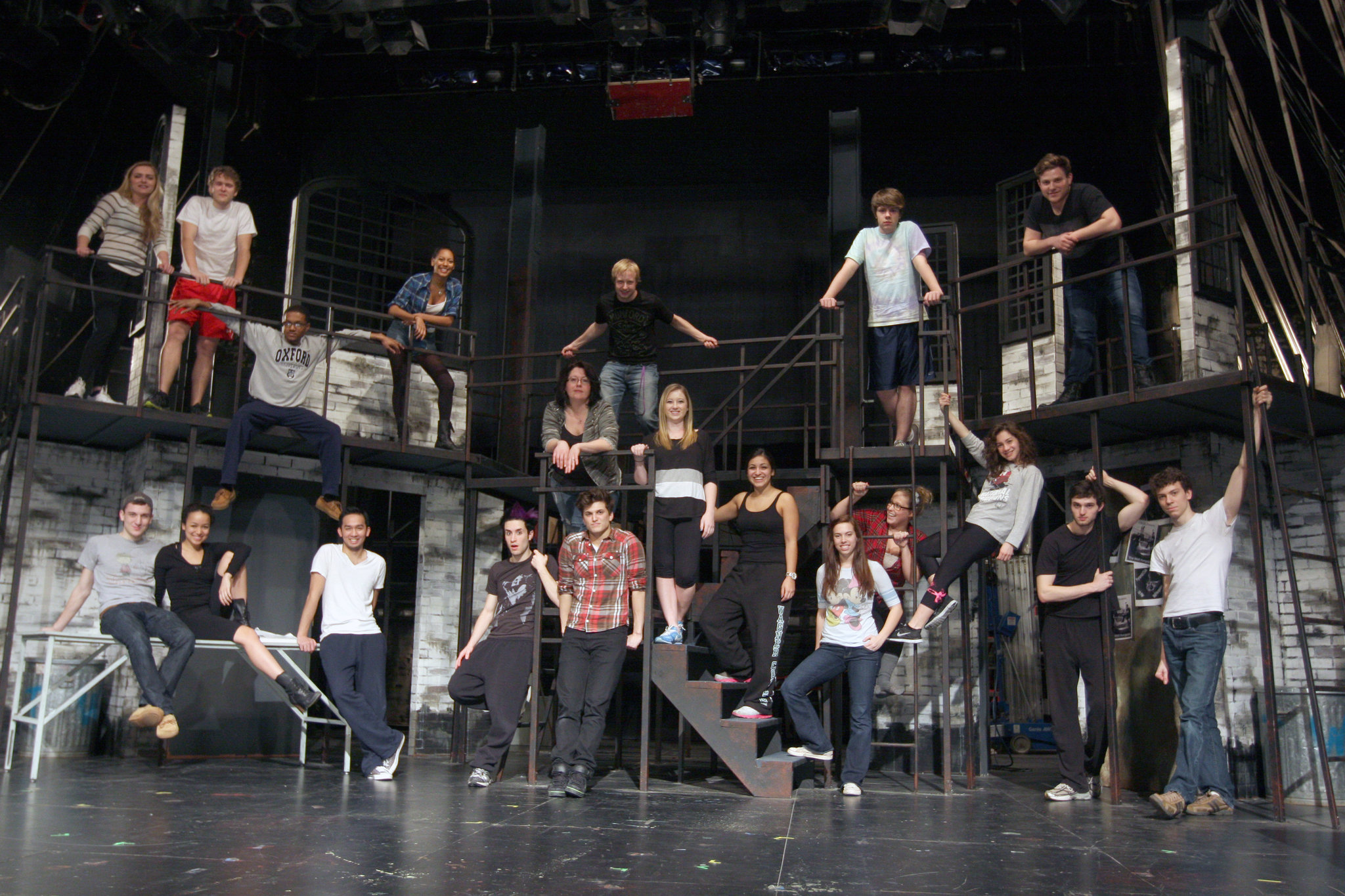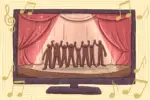One of the biggest issues college students must face is the weight of stress. In just two endless, yet somehow equally short, semesters, students must handle not just classes, but schoolwork, studying, job applications, internships, money, clubs and maintaining a social life. Often, most of a student’s responsibilities aren’t fun, either. Nobody likes studying for an exam or preparing an application for a job at a random company, hoping you will stand out over the dozens of other college-aged applicants. Sadly, you still need to do the things you hate, an idea that evokes images of a child being forced to eat all the broccoli on their dinner plate.
Despite this, there is one activity in which you do plenty of hard work, but you have such a great time with friends that you don’t even consider what you do to be work. Best yet, it’s completely free and is available at almost all colleges—campus theater.

I’m sure most of you are aware of how theater works. There’s a script; there’s a director instructing the cast and crew on where to go and what to do; there’s a cast performing what’s on the script, and there’s a crew undertaking various jobs, whether they be working makeup, tech, music, light, sound and stage.
It seems strange to promote a program with meetings and practices that occur often multiple days a week and claim that it’s a great antidote for much of the stress of college life. But rest assured, there are plenty of reasons why theater is something anyone can enjoy and everyone should attempt to join at some point in their time on campus.
The most important reason why theater is so great comes from the countless different jobs required for just one show, all of which involve working as a team to make a successful performance. Audiences only see the actors on top of the auditorium stage, but said audiences also indirectly see the efforts of the people who work backstage.
Each task in a production calls for assorted skills. The makeup artists require people who have familiarity with facial structure and know what products should be used, how they should be applied and how to make them appealing without being distracting.
The light and sound crews utilize their imagination and understanding of technology to make the stage and its actors shine, as well as make the cast’s voices and the orchestra’s music loud and clear for all the audience members in the crowd. The orchestra, or as it’s commonly known in the theater, “the pit,” helps set the mood for the production, and goes hand in hand with the actors and production design of the set.
The stage crew helps set up each individual scene and prepares every individual prop. Lastly, there’s the director, the main cog in the machine, who is the overseer of the entire operation and keeps the teams and their goals a cohesive unit.
The most interesting aspect of all the different crews is that while they all work together for the end goal of a successful performance, there’s still a hint of individualism found in each section. Each has its own team and leaders in charge of the operations, a necessary hierarchy even under the director. Being with other like-minded people who have an interest in the same job and skills you have often results in newfound friendships, as well as more enjoyment in participating in the many different practices and rehearsals.
No two shows are ever the exact same. Whether there’s a difference in audience reception or size, a slightly slower or faster pace, or a technical flub, there has never been two identical performances in the history of theater. Therefore, each night is completely unpredictable; while the backbone of the script and the direction will be the same, there are often new tics every week that shake things up a bit. The unpredictability found in theater gives the pastime its likability, with each new showing allowing a hint of surprise.

As someone who has been doing theater for arguably half of my life, being a part of both the stage crew and the acting troupes of countless of plays and musicals has led to strong friendships I still have today, even years later. Without taking part in theater, many of the people I consider close companions would have just been random classmates I saw around the hall from time to time.
Of course, I am only stating a small handful of the many great reasons why theater is so excellent and should be an activity everyone tries at least once, including people who may not have interest in being on stage whatsoever. There’s so much excitement and fun in surrounding oneself with a bunch of friends who all share the same interest and goal in producing a fun and kickass show for an adoring public. Plus, a fun activity is warranted, as students are swamped with exam-studying and money-balancing.

















